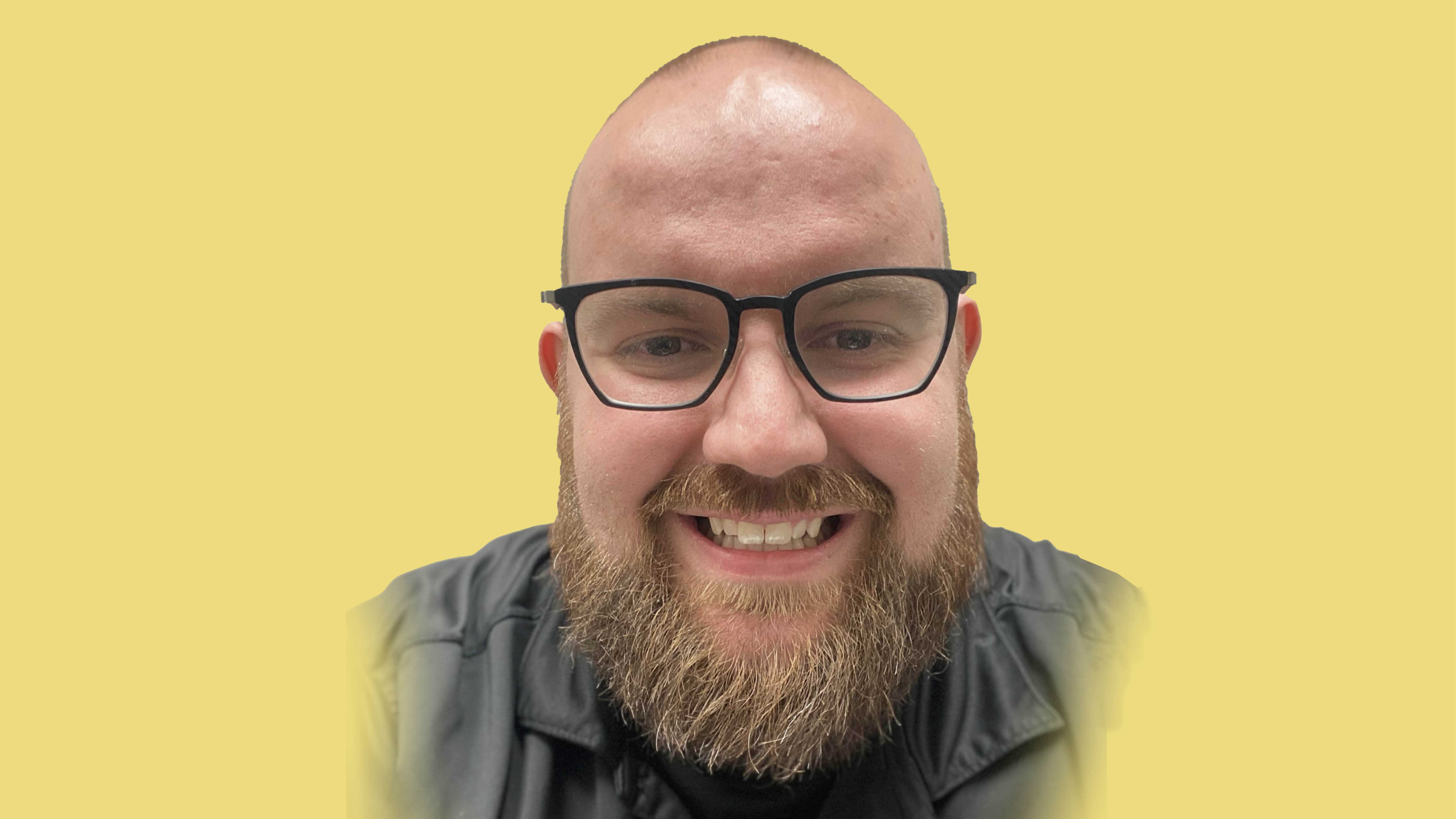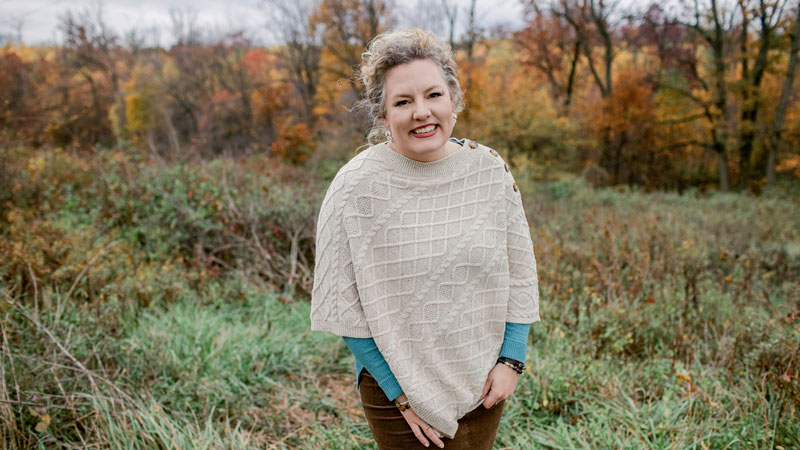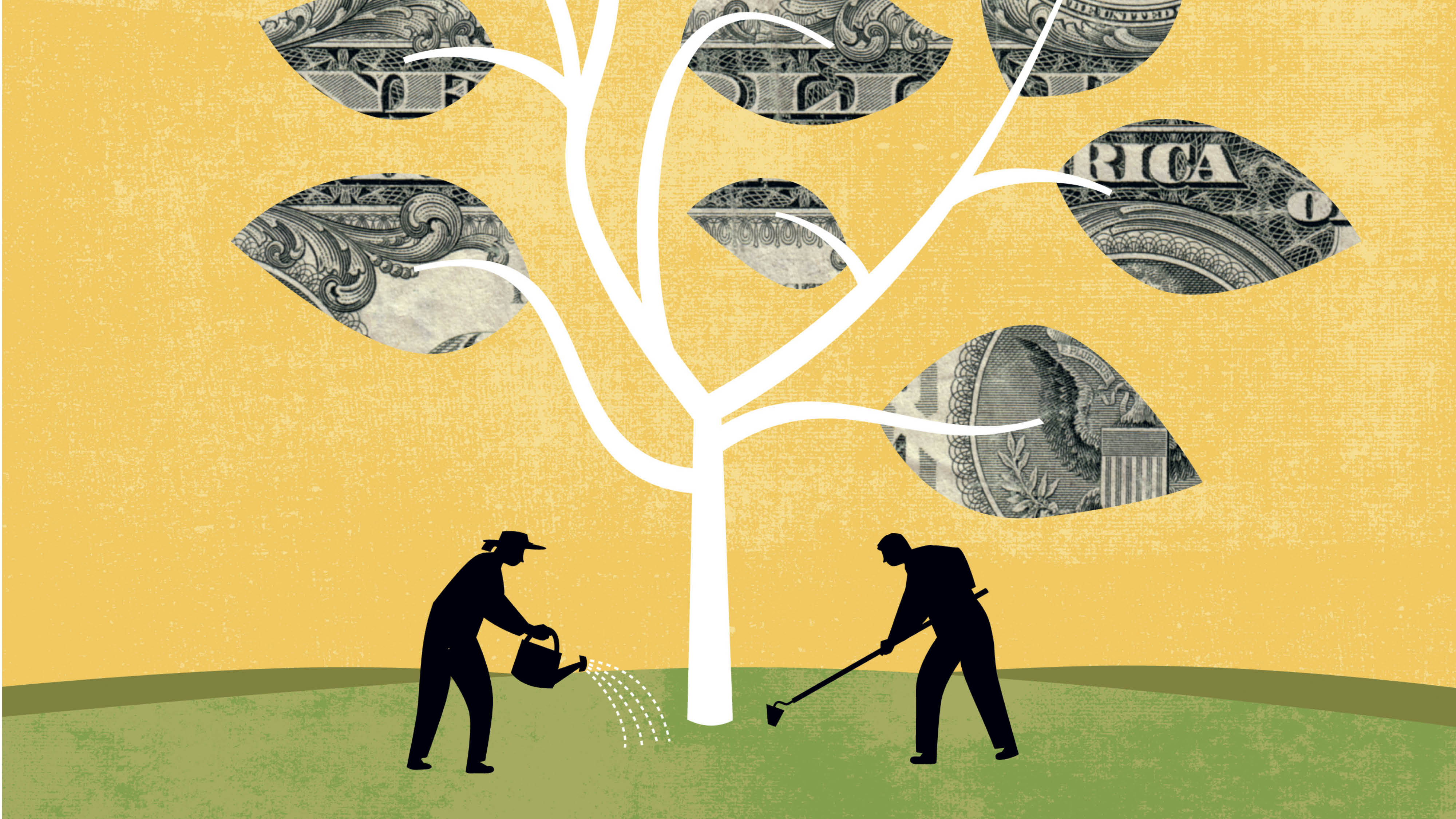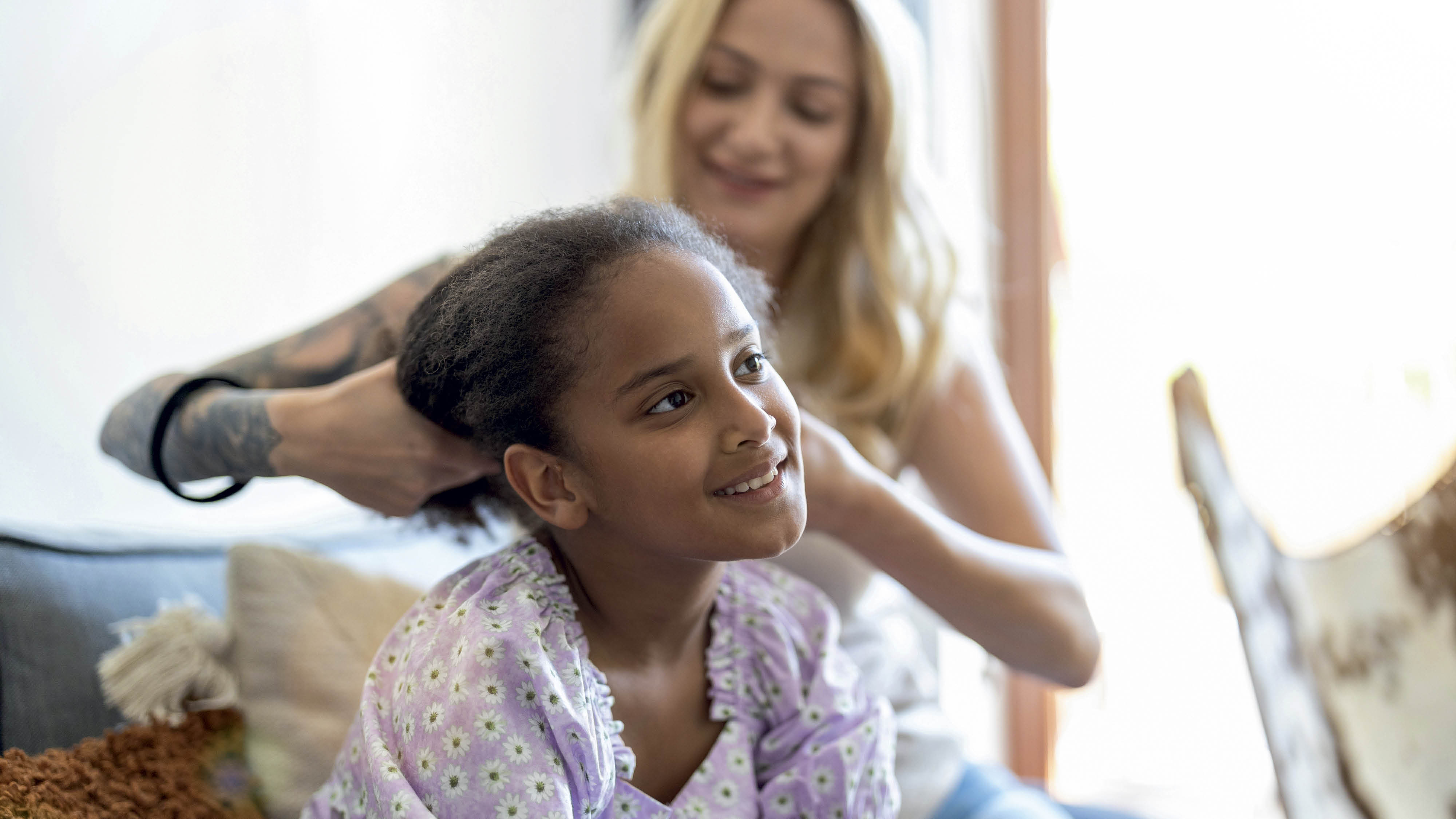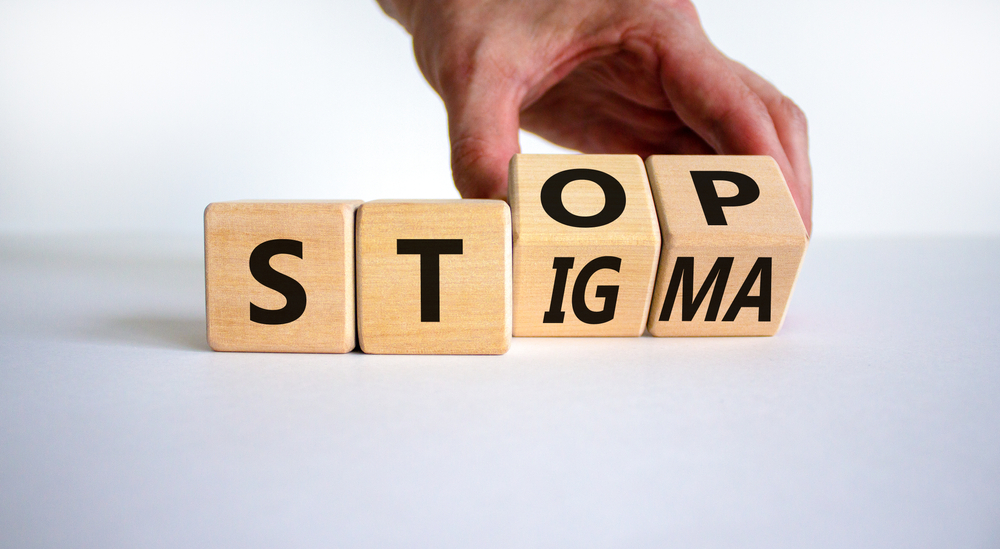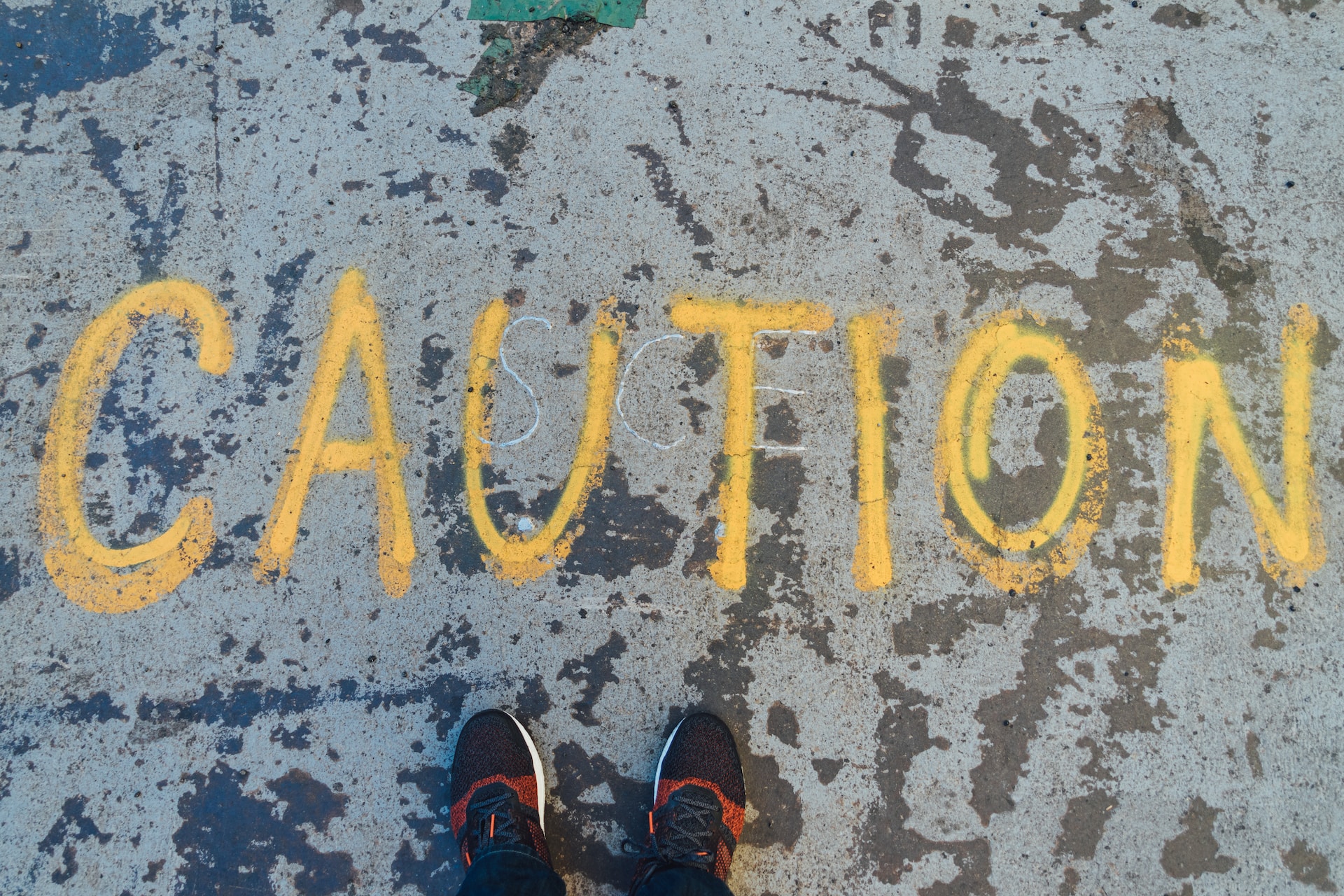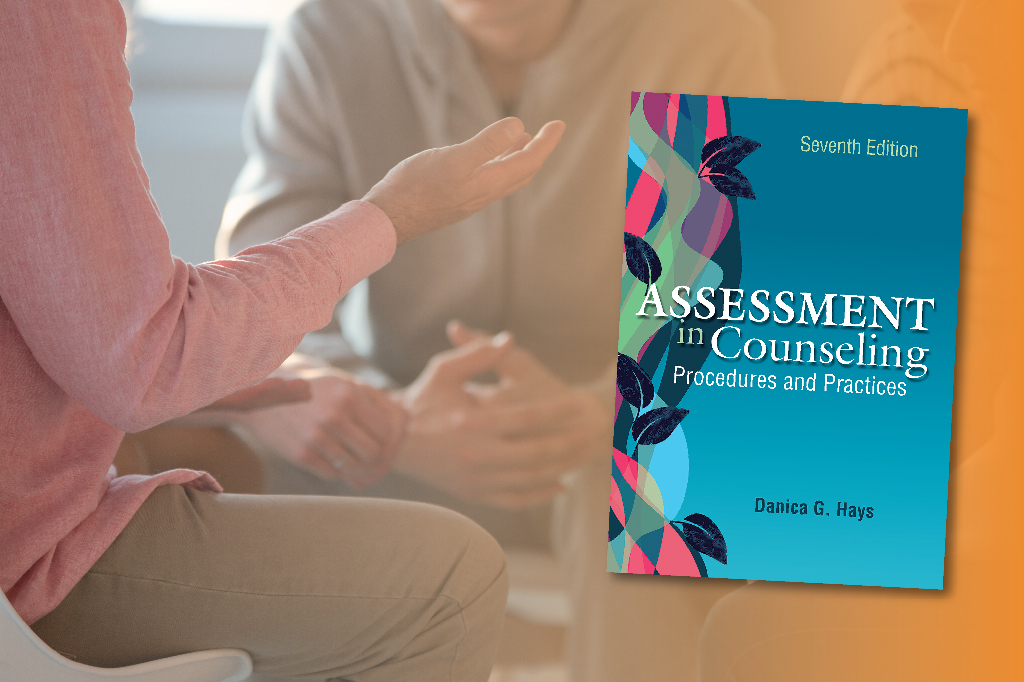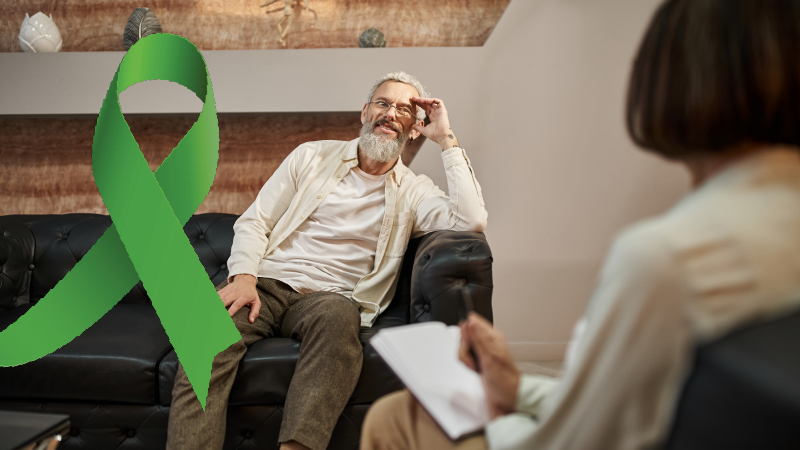
Highlighting the importance of mental health awareness
While one in five people will experience mental illness over the course of their lifetimes, everyone will face challenges that can and will affect their mental health. Observed every year on October 10, World Mental Health Day seeks to raise awareness of mental health issues and highlights efforts to support mental health.
Acknowledging the state of one’s mental health issues is important, and so is being able to seek help when you’re struggling. ACA has provided resources to support counselors around the world who play a crucial role for those struggling with their mental health.
Related Articles from Counseling Today
General Public Resources from the Counseling Corner
Celebrating LGBTGEQIAP+ Diversity – Can One Acronym Say It All?
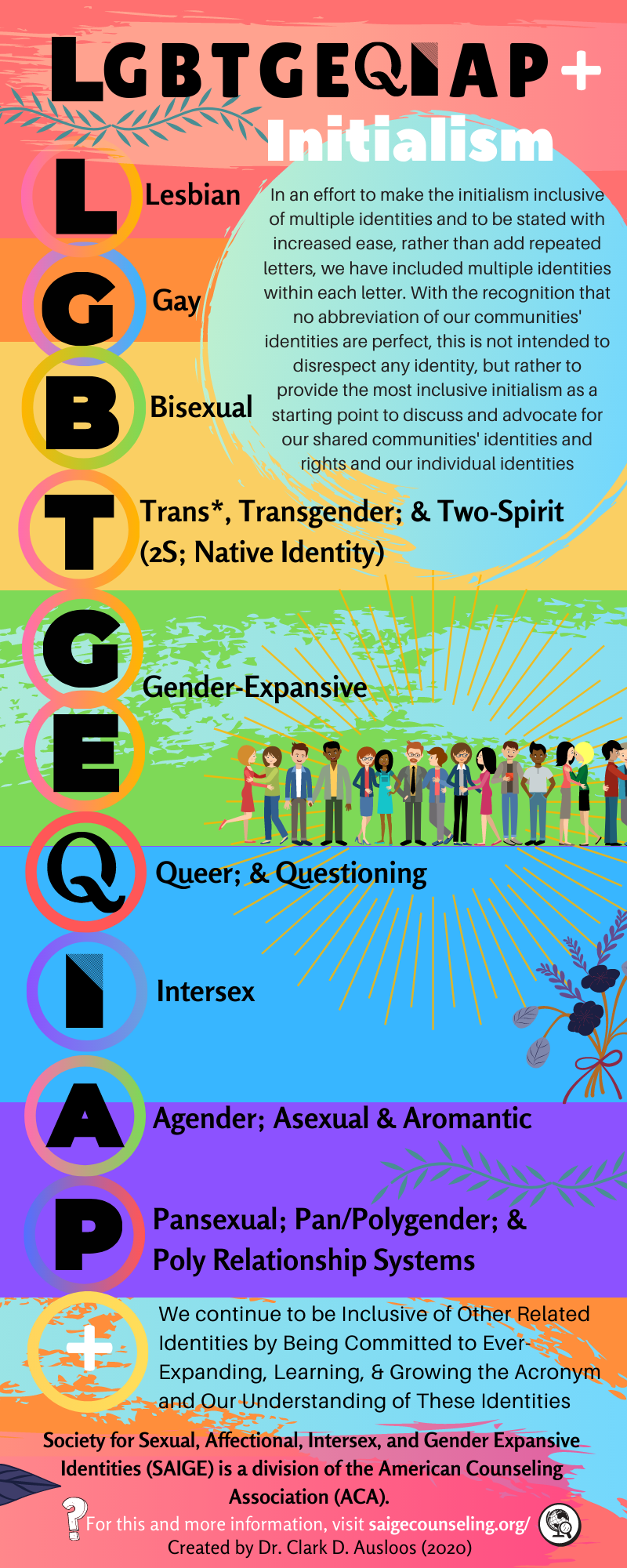
You may be familiar with using the letters “LGBTQ” to refer to people who identify as lesbian, gay, bisexual, transgender and queer. But what about LGBTGEQIAP+? This is the acronym that the Society for Sexual, Affectional, Intersex, and Gender Expansive Identities (SAIGE) suggests you use instead. SAIGE is a division of the American Counseling Association (ACA).
So why add the extra letters? While it may be more than you’re used to, the growing initialism more fully represents the diversity of related identities that exist all around us. As a nod to the many identities included in the acronym, more than one identity is connected to certain letters:
- L = Lesbian
- G = Gay
- B = Bisexual
- T = Trans, Transgender & Two-Spirit (2S; Native Identity)
- GE = Gender Expansive
- Q = Queer & Questioning
- I = Intersex
- A = Agender, Aromantic & Asexual
- P = Pansexual, Pan/Polygender & Poly Relationship Systems
- + = We continue to be inclusive of other related identities by being committed to ever-expanding, learning and growing the acronym and our understanding of these identities
Change, such as updating our language or learning new material, can be hard for many people. Many of us are uncertain or fearful of making a mistake when talking about sexual or gender identities. Instead of “getting it wrong,” we think it might be better, less offensive or safer to avoid talking about our differences altogether. Or we may struggle to develop a different understanding of the people that we’ve always known.
In these moments, humility, compassion and awareness can go a long way.
- Humility reminds us that we don't know everything, especially when it comes to the experiences of others. It helps us to invite gentle correction and education toward creating a welcoming, inclusive space for others.
- Compassion helps us to recognize that all people seek to be seen and understood. Having flexible, accommodating frameworks, such as the longer acronym, can provide ways to recognize and celebrate individual differences.
- Awareness positions all individuals to become familiar with a range of experiences and identities. This encourages us to stay curious and to center others – particularly those whose experiences differ from our own. (A good way to spark that curiosity? Do some research on some of the identities in the acronym that you're unfamiliar with!)
Is this the perfect way to sum up the diversity of a community? No, because one way can never capture the complexity of humanity. SAIGE acknowledges that there is no perfect abbreviation, but that the use of a more inclusive initialism, like LGBTGEQIAP+, can support discussion and advocacy for identities and rights within our communities. It also gives us a great reminder to be aware of, inclusive of and inquisitive about fellow humans.
Professional counselors, including members of the SAIGE and ACA community, prioritize individuality and are committed to ensuring that every person who seeks counseling receives ethical, culturally inclusive service that benefits and protects every client. They strive to provide culturally appropriate care and a wellness-based approach to help you improve your overall wellbeing.
Special thanks to Rob McKinney, Ph.D., LMHC, and Stacy Pinto, Ph.D., LPCC, from the Society for Sexual, Affectional, Intersex, and Gender Expansive Identities (SAIGE), a division of the American Counseling Association (ACA), for their contributions to this article.
